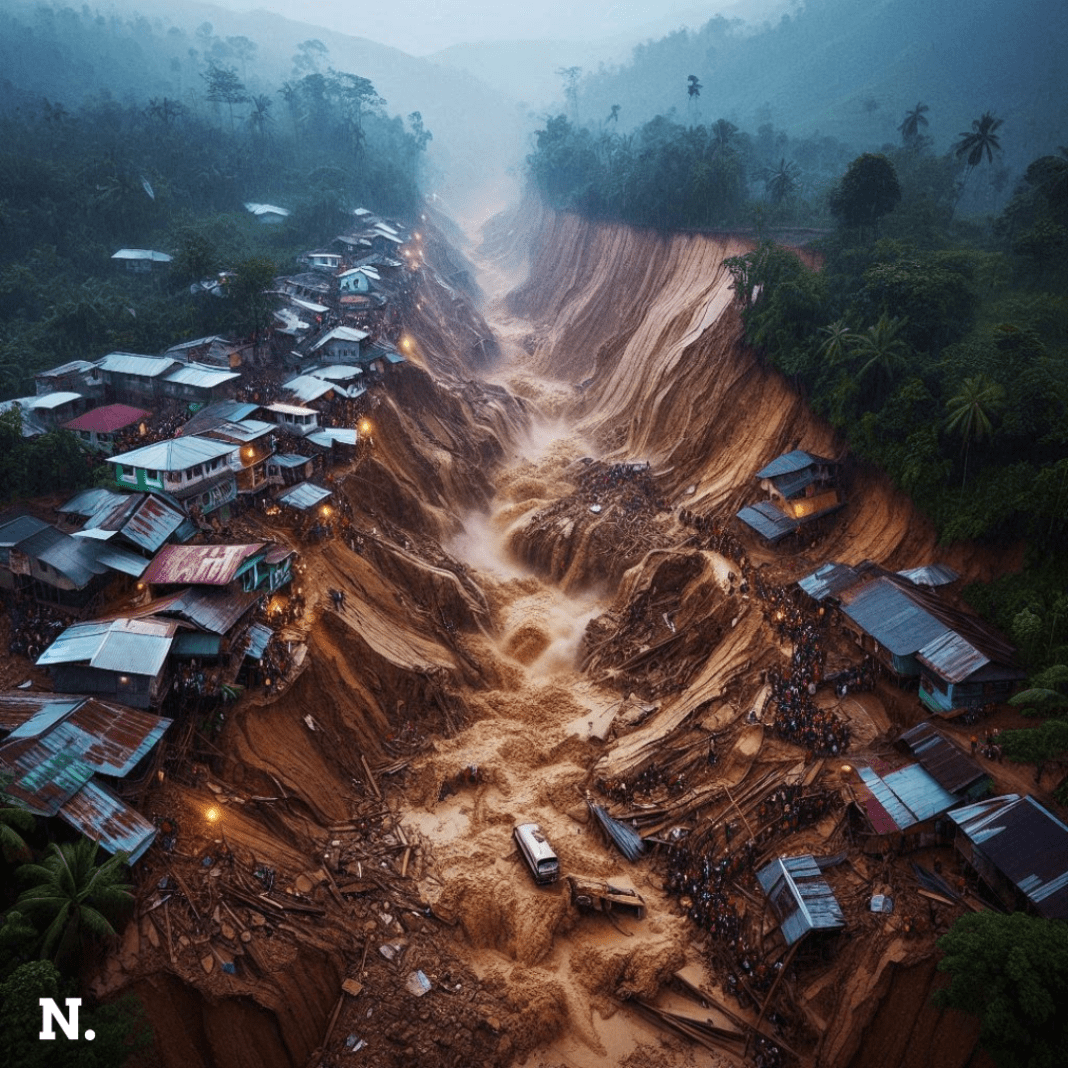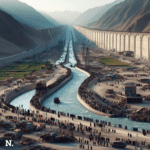On an early morning on 24 May, Yambi village in Papua New Guinea was hit by a devastating landslide. The estimated numbers say that over 2,000 people are buried under the debris and around 70,000 are affected. 40% of the affected victims are children below the age of 16. This unfortunate incident was due to mountain collapse leading to a colossal landslide. The United Nations has estimated at least 670 deaths and would rise to thousands.
Papua New Guinea At risk
The rescue operation is still ongoing and only 6 bodies have been recovered. As the area is still very unstable it slowed down the rescue and security operations. Due to the landslide in Yambi village of Enga province, the entire hillside community was wiped out. Papua New Guinea is very vulnerable to such natural disasters.
Papua New Guinea is listed in the 2022 World Risk Index as the 16th most vulnerable country in the world to natural disasters and climate change. However it accounts for only 0.11% of greenhouse gas emissions. These natural disasters are due to a number of reasons such as geographical location, deforestation and climate change.
Why did it happen?
Papua New Guinea’s geography is marked by its mountainous terrain and tropical climate. Along with that it is situated on the Pacific Ring of Fire. It is a huge tectonic belt consisting of hundreds of volcanoes and earthquakes in the Pacific Ocean. The ring is a horseshoe shaped, semi-circular belt witnessing movements of the tectonic plate. Heavy rains, storms are also some probable causes for landslides.
The Enga mountains are vulnerable to such disasters as they are in close proximity to the Australia and Pacific continental plates.
Mining activities are very prevalent in this region which also is a main cause for disasters. Deforestation for plantation agriculture might also be considered a cause for the same. This landslide was not directly triggered by an earthquake but due to steep slopes of high mountains caused by colliding tectonic plates as stated by an official.
Effects of Climate Change
Similar to the rest of the world Papua New Guinea is also facing the effects of climate change which causes rising temperatures. The United Nations said that the average temperature difference between 1900–1917 and 2000–2017 indicates that the country has experienced an increase in temperature of about 0.8 — 0.9 degrees Celsius. Due to global warming and the increasing temperature the atmosphere then holds more moisture leading to heavy precipitation. As Papua New Guinea experiences heavy rainfalls it triggers landslides.
Papua New Guinea is one of the poorest countries in the Asia-Pacific region, which lacks appropriate and efficient infrastructure to deal with such devastating environmental disasters. Due to lack of infrastructure and finances Papua New Guinea is not well equipped to deal with such large scale environmental disasters. It is still unclear about the number of people living in the hilly and dense forest region where the landslide hit. As the last census was nearly 24 years back.
Regretfully, Papua New Guinea will not have its first deadly landslide in 2024. In mid-March, there were three distinct landslides that claimed the lives of at least twenty-one persons nationwide; in April, there was another occurrence that claimed the lives of fourteen people.
Global Response
Currently Wabag Diocese is providing food to the affected population. The government had emergency meetings with other countries mediated by the UN. They had asked for immediate response and assistance to deal with risks. The UN has warned of a significant disease outbreak risk, among the displaced and affected population. They still have not received sufficient food supplies and clean water. The International Organization for Migration (IOM), is supplying food and purification tablets to the affected population on priority.





